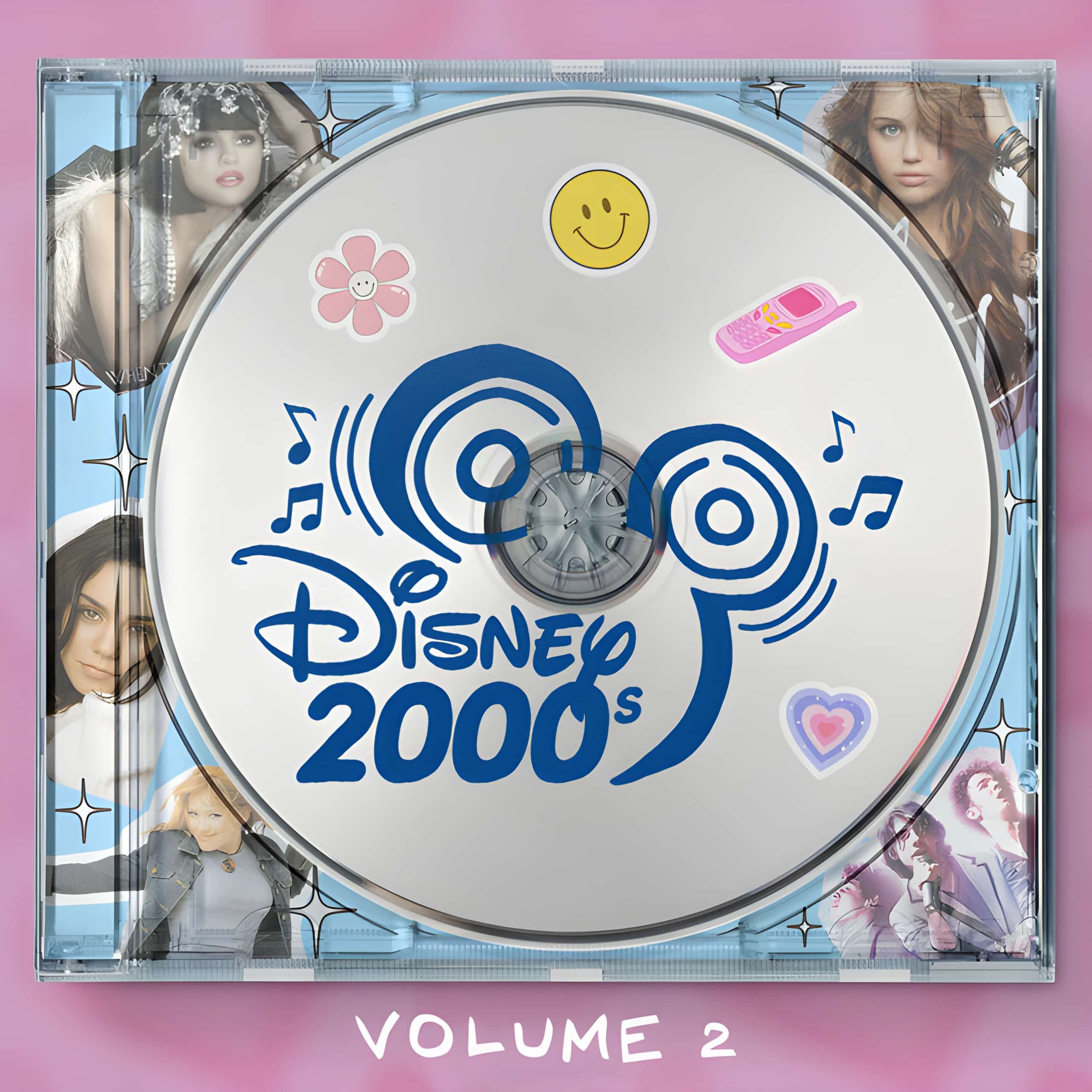Released: 2023
Features: Brandi Carlile
Miley Cyrus’s “Thousand Miles,” is a Grammy award winning song, where she teams up with the vocal powerhouse Brandi Carlile, spins the tale of a restless spirit grappling with the echoes of a past relationship. It serves up intense emotion with that unmissable Miley charisma and Carlile’s pitch-perfect harmonies. The song paints a vivid picture of moving on but getting pulled back by old memories, the bittersweet realization that you can never fully escape your history, even when you’re a thousand miles from it.
The track opens with an image of Cyrus driving around in an old, dependable Mercedes—a symbol of travel and worn-out elegance, setting the scene for this journey she’s recounting. She speaks candidly, with a hint of self-awareness, about how others, including the object of her affection, might find her crazy. But she’s unapologetic, noting that all the sensible arguments fade away with just one smile from this person. The lines showcase the irrational nature of love and attraction, about how it can render the past inconsequential “Just like that.”
Then she confesses to something most of us have been guilty of—trying to close a door on a chapter of our life only to find ourselves right back where we started. It’s a striking refrain throughout the song, “I told myself I closed that door, but I’m right back here again.” Her acknowledgment that “half of what I’m saying don’t make no sense” is an authentic portrayal of the often chaotic and inexplicable nature of our feelings. It’s an acceptance of the confusion and complexity of human emotions, telling listeners that even the stars struggle to articulate their feelings sometimes.
The chorus then hits with a raw wanderlust, “I’m out of my mind, But still I’m holding on like a rolling stone, A thousand miles from anywhere”—a nod to wanting to escape, akin to Bob Dylan’s “Like a Rolling Stone.” The sentiment speaks volumes about the need to distance oneself from the past while paradoxically clinging to it. Moving “a thousand miles from anywhere” could mean seeking both physical and emotional distance, yet she admits she’s still ‘holding on,’ unable to fully let go. It’s this tension that Cyrus and Carlile jointly capture so well in their vocals—a powerful mix of yearning and resolve.
As we dive deeper into the storytelling, there’s a poignant realization hit in the verse, “I look in the rear view, I was talking to you before I realize it’s madness; Before the sadness.” She’s reflecting, literally looking back, and realizes she’s been in a state of denial or ‘madness,’ perhaps caught up in memories or imaginary conversations with a long-gone lover. This introspection continues with the futile attempt of “I pick up the phone and I call back home, But all I get is a dial tone.” The metaphor of a dial tone speaks to not just a failed connection in terms of communication, but also to a deeper disconnect with her past, with ‘home’—or what she once considered home.
In the lyrics “But still I ain’t got time for what went wrong,” Cyrus is resolute in her decision to move beyond dwelling on past mistakes, signaling a form of self-preservation and a strong desire to live in the present. The cyclical nature of the song’s structure—returning to the refrain, “I told myself I closed that door, but I’m right back here again”—underscores the ongoing internal conflict she faces as she strives to reconcile her current state of mind with the lingering influence of the past.
Ultimately, “Thousand Miles” taps into the universal human experience of trying to move on, with the lyrics beautifully rendered by Cyrus and Carlile to encapsulate the essence of trying to find forward momentum, while still feeling the pull of what’s been left behind. It’s a song about the journey rather than the destination; “I don’t really care where I end up,” yet acknowledges the perseverance it takes to keep rolling, no matter the emotional distance one might feel. It’s a poignant addition to the pantheon of pop music’s love-lost anthems—expressive, emotive, and unmistakably honest.








